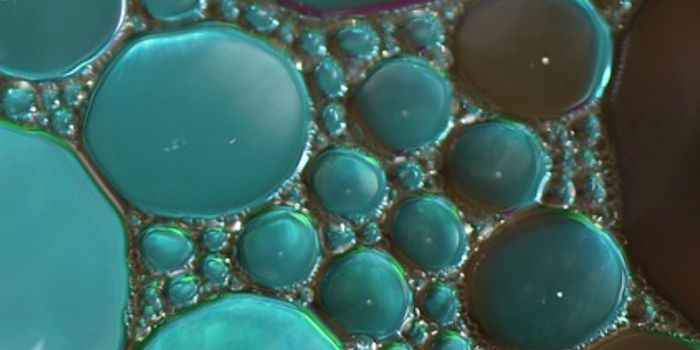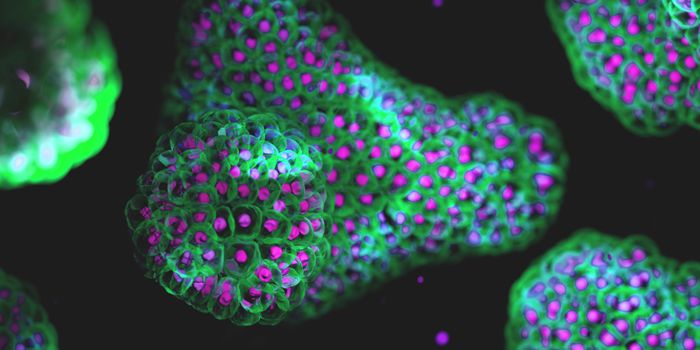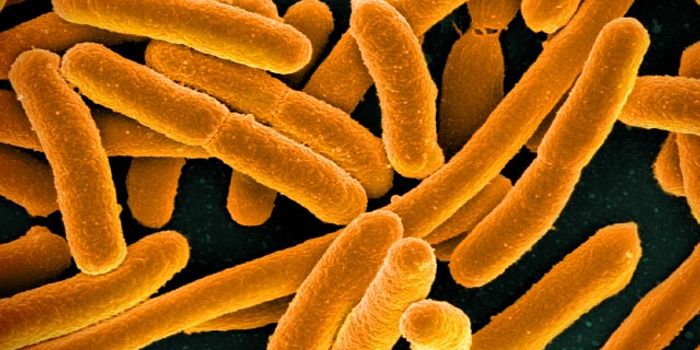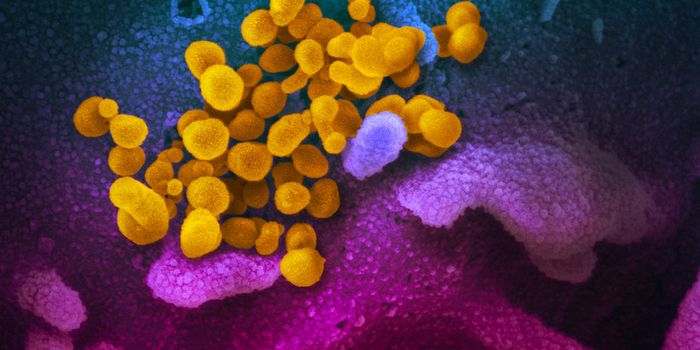Cardiology
Renal Disease Patients on Dialysis Should Take Blood Pressure Meds
Kerry received a doctorate in microbiology from the University of Arkansas for Medical Sciences.









